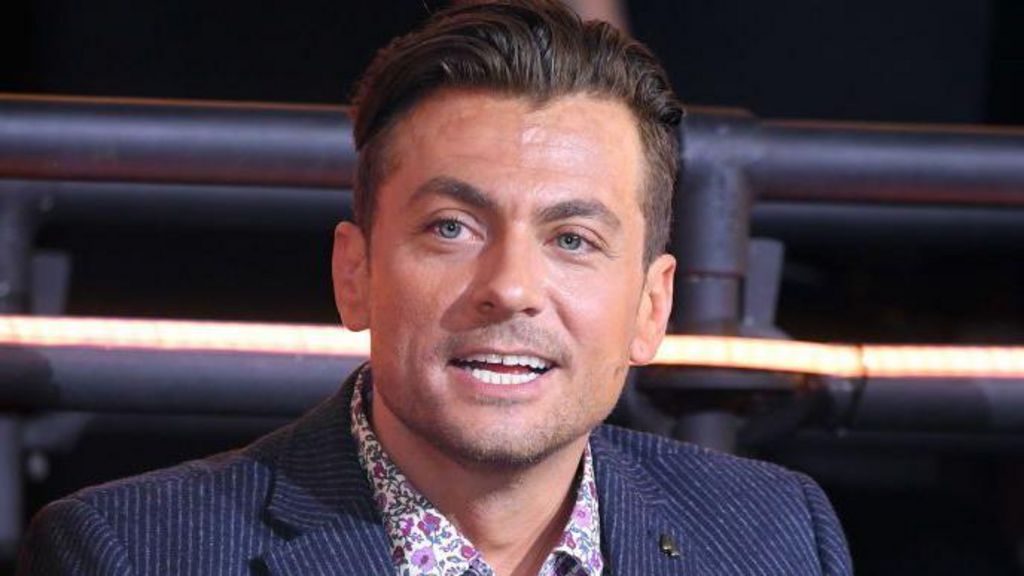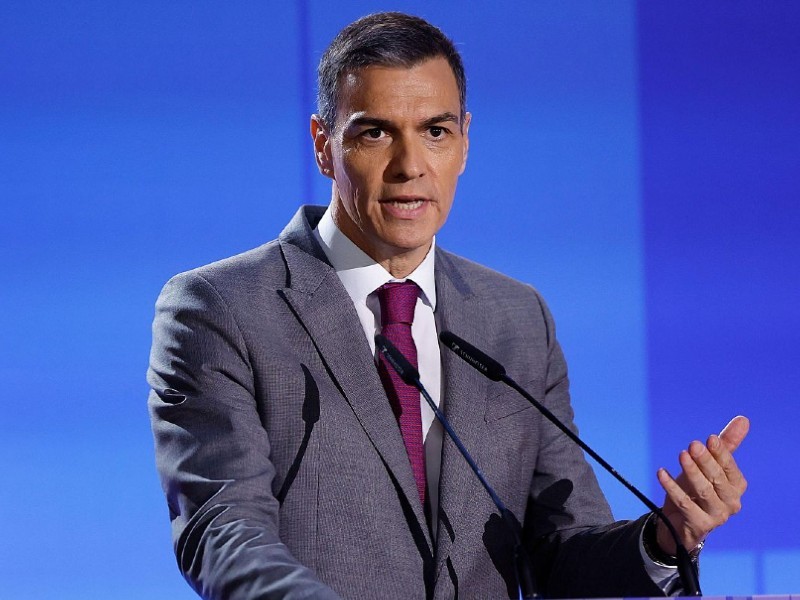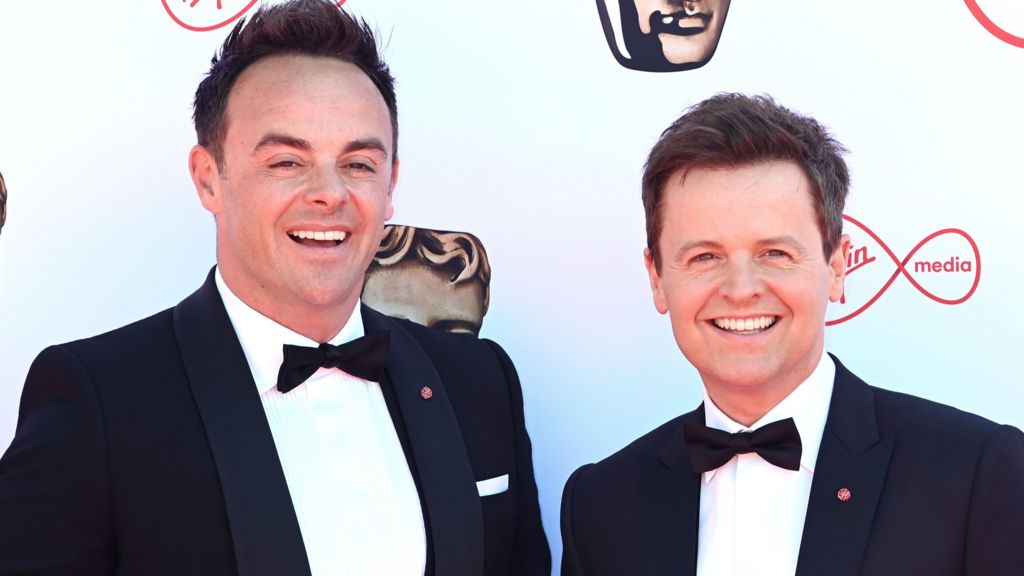
Eurovision 2025 has officially concluded, but the controversy over the results is likely to be a big talking point for weeks and months to come.
Although Austria celebrated a major triumph, with JJ’s “Wasted Love” taking pole position thanks to topping the jury vote, Israel’s second-place finish overall and televote win has caused concerns amongst some — particularly in Spain.
Spanish broadcaster RTVE has requested an audit into the country’s televoting, which saw Spain awarding Israel 12 points in the grand final. They reportedly called for clarification regarding the voting process and have hinted intention to address what they perceive as inconsistencies or external influences on the outcome.
Meanwhile, the country’s Prime Minister, Pedro Sánchez, has become the first world leader to outright call for Israel to be banned from the Eurovision Song Contest.
Spain’s Prime Minister calls for Israel’s Eurovision ban
In a pointed intervention at the launch of a Cotec Foundation report on the cultural and creative industries, Sánchez called for Israel to be excluded from the Eurovision Song Contest — drawing a comparison to Russia’s expulsion following its invasion of Ukraine.
“We cannot apply double standards in culture,” he stated.
“If no one put their hands on their heads when the invasion of Russia began and they were required to leave international competitions and not participate in Eurovision, neither, therefore, should Israel.”
El compromiso de España con los derechos humanos debe ser constante y coherente. También desde Europa.
Si se le exigió a Rusia no participar en Eurovisión tras la invasión de Ucrania, tampoco debería hacerlo Israel.
No podemos permitir dobles estándares, tampoco en la cultura. pic.twitter.com/1G6g2bIE5E
— Pedro Sánchez (@sanchezcastejon) May 19, 2025
The Prime Minister also defended RTVE’s broadcasts of Eurovision 2025. During the second semi-final, Spain’s commentators mentioned the civilian death toll in Gaza and reminded audiences of the petition RTVE has brought to the EBU to debate Israel’s participation in the contest.
Sánchez affirmed that Spain’s position on international law and human rights must remain “constant and coherent.”
His comments were echoed by Minister for Digital Transformation and Civil Service, Óscar López, who added, “RTVE has been on the right side of history.”
There have been repeated calls from musicians, fans, unions, human rights activists, and other notable figures for Israel’s removal from Eurovision since the beginning of the Israel-Gaza war in October 2023. The conflict has seen more than 52,000 people killed in Gaza, with multiple international organisations accusing Israel of committing war crimes and acts of genocide.
The war began when Hamas carried out an attack in southern Israel on 7 October 2023, during which 1,200 people were killed and 251 others were taken hostage.
External audit over the results of the Spanish public vote
RTVE is set to formally request an audit from the European Broadcasting Union (EBU) following concerns over the public vote in the Eurovision 2025 final. The controversy stems from the fact that Israel received the top score — 12 points — from Spain’s televote, despite earning no points from the Spanish jury.
RTVE’s decision comes after receiving a report from the EBU outlining the total number of votes cast by the Spanish public during the final: over 142,000 in total, including online submissions, text messages, and phone calls. However, the broadcaster argues that the data lacks crucial detail, such as the specific distribution of votes among competing countries, which prevents a thorough verification of the results.
According to the figures provided, Spanish viewers cast 7,283 votes via phone, 23,840 via SMS, and 111,565 through the official Eurovision app. These numbers contrast sharply with the data from the first semi-final — where Israel was not competing — during which public participation was significantly lower (774 phone calls, 2,377 SMS and 11,310 through the app). This has fuelled speculation about coordinated efforts to influence the public vote, especially in light of past admissions by Israeli officials.
For instance, David Saranga, acting director of public diplomacy at Israel’s Ministry of Foreign Affairs, acknowledged last year that his department had actively engaged with pro-Israel communities abroad to encourage voting during the contest. The “organised and dedicated” campaign resulted in 323 points in the televote last year, placing the song “Hurricane” in second place in the televote and fifth overall.
RTVE is not alone in its unease. Iceland’s RÚV will also request more information from the EBU over its 2025 televote results to ensure greater transparency in the vote-counting process, as confirmed by the broadcaster’s Director General, Stefán Eiríksson.
Request to reform the televoting system
RTVE has also confirmed it will formally call for a review of Eurovision’s televoting system, raising doubts about its fairness in politically charged contexts.
The broadcaster argues that allowing viewers to cast up to 20 votes creates room for coordinated campaigns and political influence, distancing Eurovision from its cultural and artistic focus.
Spanish media reports that other countries, yet unamend, are also making the same request.
Tension between RTVE and the EBU
Tensions between RTVE and the EBU had already escalated earlier in the week following the comments over Gaza made by the country’s commentators.
This prompted the EBU to warn of possible fines, should the statements be repeated in the grand final.
RTVE answered those warnings by expressing support for the right of its commentators to report freely, criticising the EBU for interfering:
“We express our concern about the threat of the EBU. The European Broadcasting Union has warned of financially sanctioning RTVE if the conflict in Gaza is mentioned again during Eurovision.
“We claim the right of our commentators Julia Varela and Tony Aguilar to do so freely and responsibly. We condemn any attempt at interference and defend RTVE’s commitment to truthful information, especially in the face of events of international relevance.”
On the night of the grand final, Spanish TV aired a message minutes before the official broadcast supporting Palestinian rights, stating: “When human rights are at stake, silence is not an option. Peace and Justice for Palestine.”















